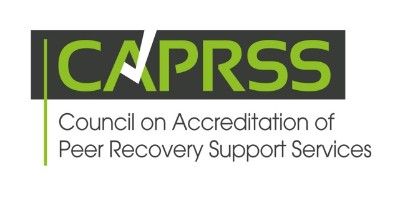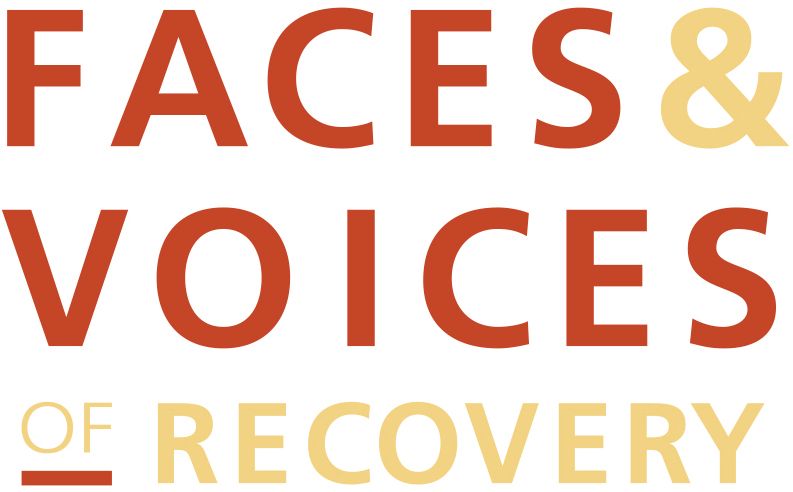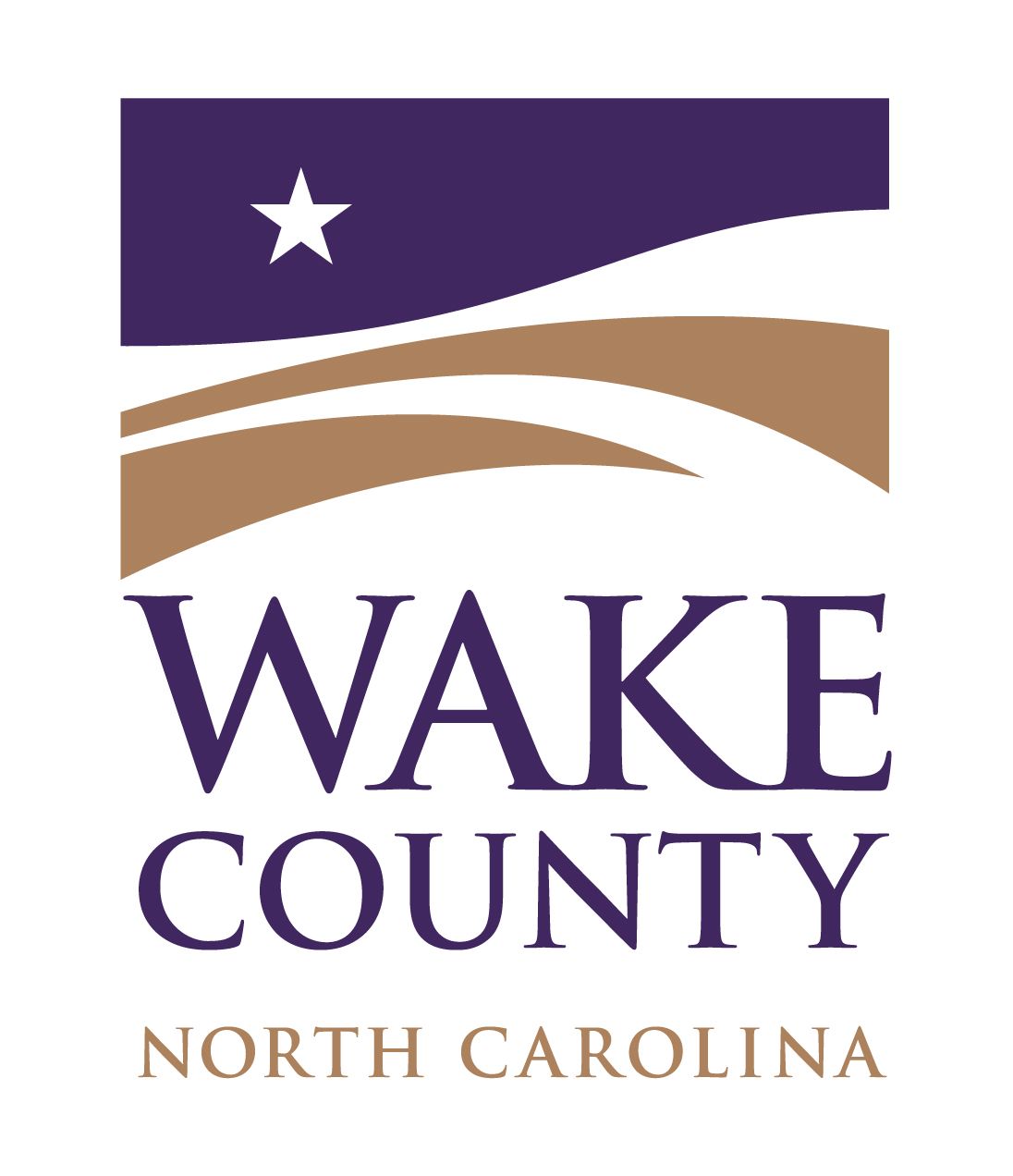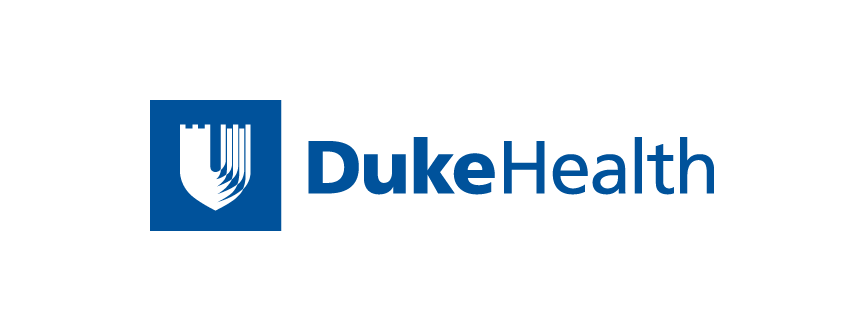
With the arrival of September, a season of renewal and change is upon us, bringing with it a significant event that resonates deeply with individuals on their journey to recovery - National Recovery Month. In this blog post, we delve into the history and significance of National Recovery Month for RCNC (Recovery Communities of North Carolina), a peer-run recovery community organization that is vital in supporting and empowering North Carolinians in their quest for lasting recovery.
Origins of National Recovery Month
National Recovery Month originated in the late 1980s when the Substance Abuse and Mental Health Services Administration (SAMHSA) introduced "Treatment Works! Month" in October 1989. Over time, this observance evolved into National Alcohol and Drug Addiction Recovery Month, eventually adopting its current name in 2011. This shift highlights the overarching theme of recovery and its transformative power, regardless of the substance or challenge faced.
A Celebration of Triumph and Renewal
National Recovery Month is a beacon of hope, signifying that recovery is possible and highlighting the resilience of those who have overcome addiction. It is an annual celebration of the strength and determination of individuals working to reclaim their lives. RCNC recognizes this occasion as an opportunity to join forces with its fellow North Carolinians, honoring the accomplishments of those who have triumphed over addiction and inspiring hope for those still recovering.
Why National Recovery Month Matters to RCNC and North Carolina
For RCNC and the vibrant recovery community in North Carolina, National Recovery Month holds a special significance. The state has witnessed the transformative journeys of countless individuals who have fought to break free from addiction. From Asheville's mountains to Raleigh's bustling streets, North Carolinians have come together to create a resilient and supportive network that forms the heart of the recovery movement.
- Eradicating Stigma: National Recovery Month is a powerful platform to challenge the stigma surrounding addiction. By shedding light on the personal struggles and achievements of those in recovery, the event contributes to a more compassionate and informed society.
- Fostering Community Connections: Recovery is a shared endeavor, encompassing individuals, families, and communities. National Recovery Month encourages strengthening existing connections and the creation of new ones within the recovery community, ensuring that no one feels alone on their journey.
- Amplifying Voices of Victory: National Recovery Month amplifies the voices of those who have achieved lasting recovery in a world that often focuses on setbacks. RCNC and North Carolina's recovery community proudly share success stories, serving as a source of inspiration and hope for others who are navigating their own paths to healing.
- Showcasing Supportive Resources: North Carolina has diverse recovery resources, from innovative therapies to evidence-based practices. During National Recovery Month, RCNC highlights these resources, demonstrating the state's commitment to providing accessible and effective avenues for recovery.
- Empowering Future Generations: By openly celebrating recovery, North Carolinians inspire future generations to approach life's challenges with resilience and determination. The stories of recovery showcased during this month inspire young individuals to make healthy choices and seek support when needed.
As September approaches, the excitement within RCNC and North Carolina's recovery community is palpable. National Recovery Month is a testament to the transformative power of recovery and the unwavering spirit of those who have embarked on this journey. RCNC joins hands with fellow North Carolinians to celebrate, support, and inspire, embodying the essence of healing, growth, and lasting transformation. As National Recovery Month approaches, RCNC and North Carolina as a whole reaffirm their commitment to fostering hope, fostering connections, and embracing the possibilities of recovery.









